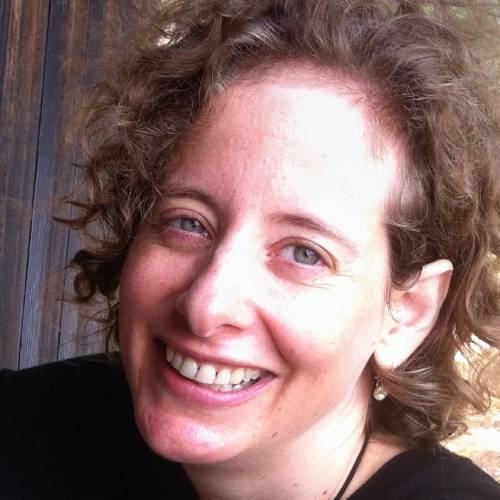Businesses can lead and participate in societal discussions of complex, uncertain issues. NBS research presents a decision tree to guide your choice.
Most Canadians want a national dialogue on energy and environment, reported a recent poll by The Globe & Mail and Nanos Research.
NBS has responded to this desire. In 2013, the NBS Leadership Council called for research into “how businesses can help Canadians become informed, inspired and engaged in a national dialogue about responsible consumption.”
The resulting report and briefing outlined an emerging role for businesses in these conversations. Researcher Dr. Thomas Webler identified ways that businesses can lead and participate in discussions of complex, uncertain issues.
Options for Outreach
But Webler also advises that a broad public dialogue isn’t the right choice in every situation.
Sometimes, an issue is most relevant to a relatively local community. Or, a group of businesses may need to clarify its position before reaching out more broadly. Figure 1 shows the many options.

Figure 1: Options for Outreach
An Example: The Railway Association of Canada
Recently, Webler applied these insights in a workshop with stakeholders of the Railway Association of Canada (RAC), the industry association for Canada’s railways.
As the RAC works towards developing a sector-based sustainability strategy, they sought input from their broader community. They looked to RAC members, but also academics and NGOs.
These conversations have been very productive, says Michael Gullo, RAC Director of Policy, Economic and Environmental Affairs. The RAC has gained new ideas and perspectives, and made connections that will help with future implementation.
Webler sees possibilities for dialogue that involves even more of the outreach options portrayed Figure 1. For example, he suggests, the RAC could work with community artists on a visioning project that portrays the railways of yesterday and tomorrow. “That would allow Canadians to give voice to their feelings in a positive, engaging way.”
For Webler, civic dialogue — focused narrowly or broadly — is something that benefits all participants. ““There’s no other way to really bring sustainability about without changing civil society,” says Webler. “The only way to change it in a democratic society is by changing public understanding. You can only do so much with regulatory processes or voluntary agreements. You need the rest of society to be behind it: to have a collective vision of where we want to go.”
A Decision Tree for Engagement
Figure 2 provides a handy guide for choosing the right kind of engagement for you. It distinguishes between:
Stakeholder engagement (appropriate for more narrowly focused, less complex issues)
Multi-sector partnerships (appropriate if broad citizen engagement isn’t needed)
Broad civic dialogue, involving citizens widely.Webler emphasizes that dialogue can be pursued in many different ways, and all have value. Ultimately, he says, effective conversations create understanding, and shared understanding is the basis for change

Figure 2: Choosing the Best Form of Engagement for Controversial Issues



Add a Comment
This site uses User Verification plugin to reduce spam. See how your comment data is processed.This site uses User Verification plugin to reduce spam. See how your comment data is processed.